ON August 8, 2020, ten Muslim women from Subhash Mohalla in Delhi went to the Bhajanpura police station to make the police register a first information report on their complaint that some men had tried to foment communal tension in their locality on August 5.
Two of the women and a 16-year-old girl, who went inside the police station, later alleged that the officers had manhandled and molested them. The officers denied the allegations.
Two journalists, Shahid Tantray of Caravan magazine and freelancer Prabhjit Singh, who visited the police station, said something had happened to the girl. “She was in shock,” said Tantray. “In the morning we spoke to her and filed a story about the molestation and assault.”
After publishing the report, the magazine sent a woman reporter along with Tantray and Singh to meet the women in their homes. At Subhash Mohalla, however, a group of men surrounded them and assaulted Tantray when they learnt that he was Muslim. The woman reporter also was manhandled.
Tantray said it was dangerous for press freedom that mobs aligned to a certain ideology enjoyed impunity in India. “Had [the mob] known that I was a Kashmiri, I would have been lynched,” he said.
Journalists and media companies feel the heat for being critical of the dominant ideology in India
If Tantray was assaulted by non-state actors, Fahad Shah, editor of The Kashmir Walla, has encountered intimidation by the state machinery. He had gone to Punjab, along with a colleague, to write about a farmers’ protest. While they were returning on October 4, 2020, policemen stopped them at the Jawahar Tunnel and took them to the Qazigund police station.
One of the officers who questioned them, DSP Mohammad Shafi, referred to a news story Shah had done on a shootout in Damhal-Hanji Pora in Kulgam in May 2020. Shah said the officer warned him and his colleague to report “cautiously” about matters related to “national security”. They were released after four hours of questioning.
“Our detention was illegal, and we believe that it is in line with how journalists are routinely harassed, summoned to police stations, treated like criminals and intimidated because we report facts…. Why are we being treated like this — harassed and intimidated? I am extremely worried about the safety of my colleagues and myself,” wrote Shah in The Kashmir Walla. Shah said censorship had been institutionalised in India with the new media policy in Kashmir and the Information Technology (Intermediary Guidelines and Digital Media Ethics Code) Rules 2021, notified on February 25, under the Information and Technology Act, 2000.
Part III of the Rules permits the government to delete, modify and block content published by digital news media. The Editors Guild of India, in a letter to Prime Minister Narendra Modi, expressed concern that the new rules “can fundamentally alter how news publishers operate over the internet and undermine the freedom of the press in the country.”
Patricia Mukhim, editor of The Shillong Times, said press freedom in India stood hugely diminished. “We are all self-censoring now. [Journalists] are afraid; they may be booked for sedition; they may be booked for criminal defamation,” she said. In July 2020, a criminal case was filed against her for a Facebook post condemning an attack on five non-tribal youth in Meghalaya’s Lawsohtun village. In the post, Mukhim had commented that Meghalaya was a failed state because perpetrators of attacks on non-tribal people since 1979 had never been arrested.
In November, the Meghalaya High Court declined to quash the criminal charges against Mukhim. It observed that she “sought to create a divide” between the tribal and non-tribal people in the state. However, in March 2021, the Supreme Court quashed the case against her. Mukhim was acquitted, but she rues that she has had to go through a very tiring legal exercise. “Once you are booked, it is such a serious process,” she said. “Your family also will go through all the trauma that you go through.”
Raihana Siddique, wife of Malayalam journalist Siddique Kappan, can relate to that. Kappan was arrested at Mathura by the Uttar Pradesh Police in October 2020, while on his way to Hathras to report on the gang rape and murder of a Dalit girl, which had triggered nationwide outrage. Kappan was booked under the Unlawful Activities (Prevention) Act. In the 5,000-page charge sheet, the police accuse him of criminal conspiracy to create unrest in Hathras.
The charge sheet says Kappan was involved in seeking foreign funds to incite violence in Hathras. Along with Rauf Sherif — a member of the Popular Front of India — he has been accused of receiving Rs8 million from countries in the Persian Gulf.
“He was working for Rs25,000 a month at the Malayalam news portal Azhimukham,” said Raihana. “He has two ATM cards. Both of them are with the police. Let them check if he had received a single penny in his account other than his salary.”
The Kerala Union of Working Journalists is supporting her fight. In an affidavit submitted in the Supreme Court in December 2020, the union stated that Kappan was “beaten with lathi and slapped” and was “mentally tortured” in the Mathura jail. On April 22, the union requested the court to transfer him to All India Institute of Medical Sciences, Delhi, citing his “ill health”. It stated that Kappan had “collapsed in the bathroom” and had tested positive for Covid-19. He is in a medical college hospital in Mathura.
Raihana, however, said the media was largely silent about her husband’s plight. “Why is everyone silent? Why is everyone afraid?” she asked.
It is a question that should reverberate in media houses across the country.
The writer is a journalist at The Week magazine, India.
A longer version of this article is on dawn.com
Published in Dawn, May 3rd, 2021

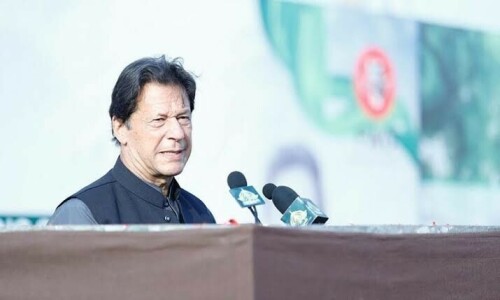













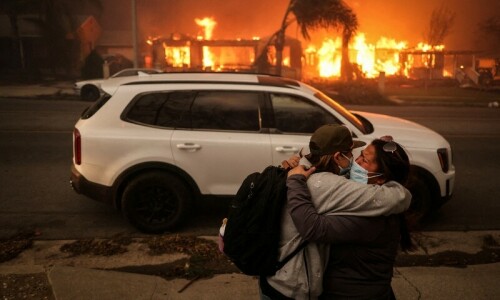




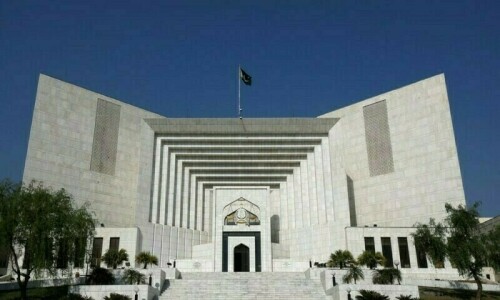


















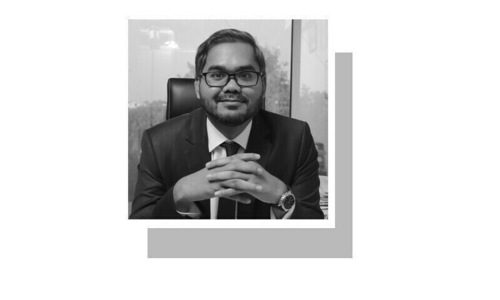
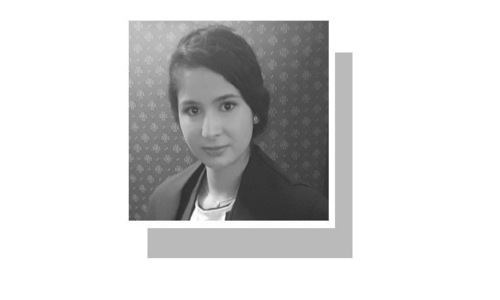


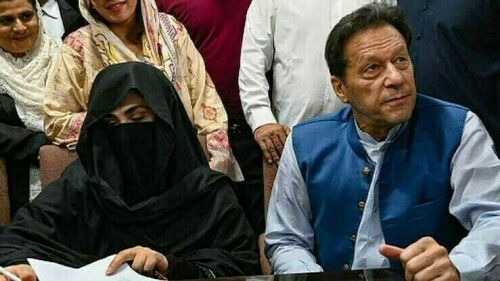
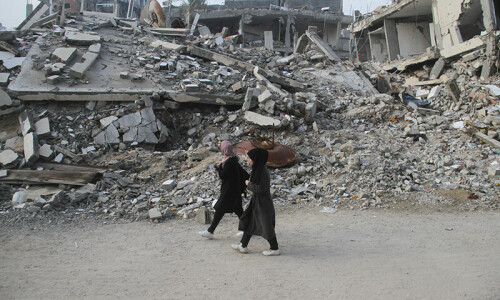



Dear visitor, the comments section is undergoing an overhaul and will return soon.